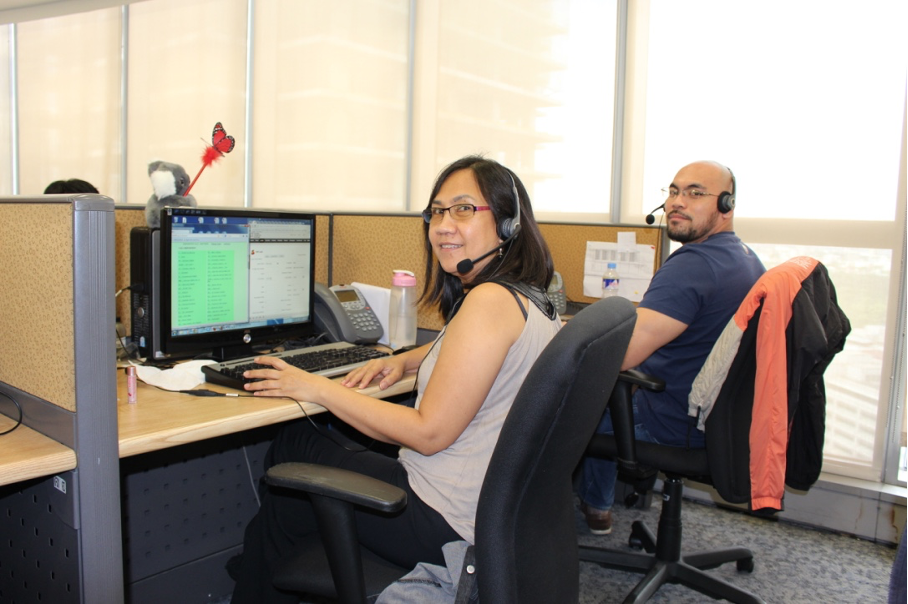British businesses are operating in challenging times. Starting with the global financial crisis in 2008, every time the economy appears to be returning to something like normality, everything turns upside down again. From the pandemic to Brexit, the British economy has been transformed. It is an exceptionally tumultuous period, and even if everything goes well, the economic effects will last years, and perhaps decades.
“The challenges faced by companies have never been greater,” says Ralf Ellspermann, CEO of PITON-Global, an award-winning call centre outsourcing provider in the Philippines. “Businesses will always have difficulties to overcome, but when you take economic difficulties and changes in the market rules, and then add in the reaction of customers to uncertain times—demanding better services and lower prices—no one can take their survival for granted.”
Businesses find themselves at a critical point. When times are harder, consumers are more likely to exercise their choice, looking for better service or better deals. Meanwhile, shareholders will also be looking for returns on their investments. Businesses are caught in the middle, having to satisfy both groups while still operating in a difficult economy.
Another trend reveals consumers demanding ever more convenience and better service from companies. Retail has been transformed over the past fifty years, starting with an environment in which specialist stores predominated, then seeing innovations like big supermarkets, retail parks, and shopping malls, through to internet shopping, with delivery times getting shorter and shorter. Many services now deliver goods more quickly than the customer could go out and acquire them from a brick-and-mortar store.
“Some businesses have ridden these trends better than others. Those that were already investing in digital delivery, challenging traditional models with new platforms and services, have been able to swoop in to win customers who were dissatisfied with their previous providers,” says Ellspermann.
Faced with increasing customer demands, however, some companies may have over-compensated. Believing, correctly, that customer service is all-important, they have ended arrangements with specialist contact centres in favour of centralising operations to control them more directly. While an understandable reaction, it has proved a mistake for many. They have not only increased their costs but also reduced their capacity for high-quality customer service.
For many businesses, the wiser move would have been to retain their outsourcing to call centres in the Philippines. Indeed, for some, there are strong arguments that increasing their investment there is by far the best way to improve the service they offer customers.
Call centre outsourcing to the Philippines came to prominence during a period of sustained economic growth. But it is a mistake to assume that outsourcing is beneficial only when times are good.
Many of the arguments for outsourcing remain true whatever the economic situation. Specialist providers can offer economies of scale, providing highly trained and professional staff while minimising the overhead from facilities, HR, IT, agents, and management. And choosing an award-winning contact centre in the Philippines is one of the best options open to any firm considering outsourcing.
This island nation is a world leader in contact centres—more businesses choose the Philippines for their call centres than anywhere else. It offers particular benefits for British businesses. The country has had a long connection with the West, and with a highly educated population, the agents frequently have no accent. Thanks to the cultural connection, they understand the idioms and references, allowing them to establish rapport with customers quickly.
The size of the outsourcing industry provides benefits too. With over 800 providers, it is a competitive market, which creates employment for well over a million Filipinos at every level. This means providers can quickly scale and offer services with experienced, professional staff for almost every imaginable function.
“Above all, it still has the financial appeal that outsourcing has always offered businesses. The cost of labour in the Philippines is significantly lower than the UK, meaning outsourcing can be roughly half the cost of domestic provision. It is also a more prestigious career option in the Philippines than in the UK; experienced call centre operators are well paid, meaning that it’s possible to have both high-quality staff and also realise substantial cost savings,” says Ellspermann.
In challenging economic times, it’s more important than ever to make decisions for the long term. The best decision is to focus on the business’s core function—the product or service that makes the profit—and use the domain expertise of call centre outsourcing providers in the Philippines to manage customer service and back-office support, saving money and improving customer satisfaction. These are the things that help a company weather the economy.



 Bitcoin
Bitcoin  Ethereum
Ethereum  Tether
Tether  XRP
XRP  Solana
Solana  USDC
USDC  TRON
TRON  Cardano
Cardano  Lido Staked Ether
Lido Staked Ether  Avalanche
Avalanche  Toncoin
Toncoin